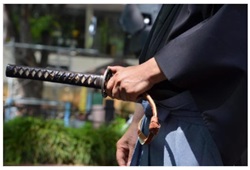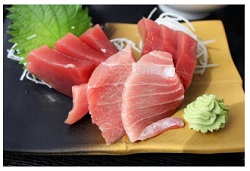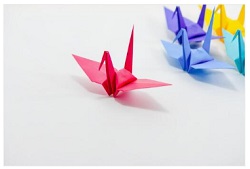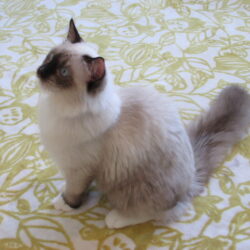Is it possible to spend a day without saying ” you ” ? I guess it’s very hard in English conversation, but in Japanese, not so.
In preparing this post, I realized how rarely second person pronouns take place in Japanese conversations.
No idea about 2nd person pronouns in Jpn? No problem
Second person pronouns in Japanese, such as ” kimi (きみ)” or ” anata (あなた)” are rarely used in daily conversations. If you have Japanese friends, ask them when the last time he or she used the pronouns. As for me, I don’t remember. Could be years ago.
How do we talk without ” you ” in Japanese? We use verbs, adjectives, adverbs or the names of conversation partners. One of the typical examples is ” kawaii ( pretty or cute) ! ” We don’t need to say ” anata wa kawaii ( You are pretty. ) ”
Followings are examples of without-you Japanese basic phrases.
( Eng ) Nice to meet you.
( Jpn ) Hajimemashite ( 初めまして )
( Eng ) Thank you.
( Jpn ) Arigatou ( ありがとう )
( Eng ) Will you tell me ~
( Jpn ) Oshietekuremasenka ( 教えてくれませんか )
When you talk in Japanese and don’t know which second person pronoun you should use, no problem.
My advice: Don’t use. Instead of pronouns, say the names of the person you are talking to with “san ( さん )” . Such as ” Suzuki-san.” ( 鈴木さん ) In this case, using the last name of the person is recommended.








